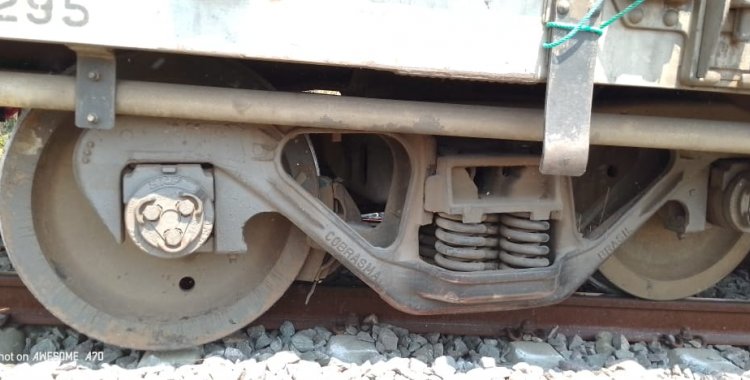Ricardo de Abreu told Lusa that the accident is being investigated, stressing that "unfortunately, some situations like this happen again".
"We have teams on the ground, on the one hand, [to] ensure that operations are resumed as quickly as possible and also to assess the reasons that led to the derailment", he said. The minister admitted that there are "several reasons that have led to this, including sabotage and vandalism of the infrastructure", which end up exposing the work "to a very high operational risk".
According to Ricardo de Abreu, accidents like these always cause damage, "but the greatest loss, which would be human lives, did not occur".
From a material point of view, Ricardo de Abreu added, there is work to be done, and he expects that traffic will resume this week.
The accident occurred on Thursday, in the town of Cavimbi, 127 kilometres from the city of Luena, in the province of Moxico, interrupting traffic on that route.
The train was in service of the Lobito Atlantic Railway (LAR) consortium, made up of Trafigura, Mota-Engil and Vecturis, which in 2022 obtained the concession for the operation, management and maintenance of the Lobito railway corridor, in the province of Benguela, which runs through Angola to the African copper belt, and the ore terminal at the Port of Lobito, for a period of 30 years.
According to LAR, the accident caused slight damage to 400 metres of the track, in an area already damaged by a previous derailment of a passenger train, and work is underway to "correct the damage caused by these two derailments".
The concessionaire of the Lobito Corridor began operations last month to transport sulphur from the Port of Lobito to the Democratic Republic of Congo, to support mining activities in the Katanga region.
The project to rehabilitate this logistics corridor is supported by the governments of Angola, the Democratic Republic of Congo, Zambia and the Partnership for Global Infrastructure Investment (PGII) of the US government and the European Union.







